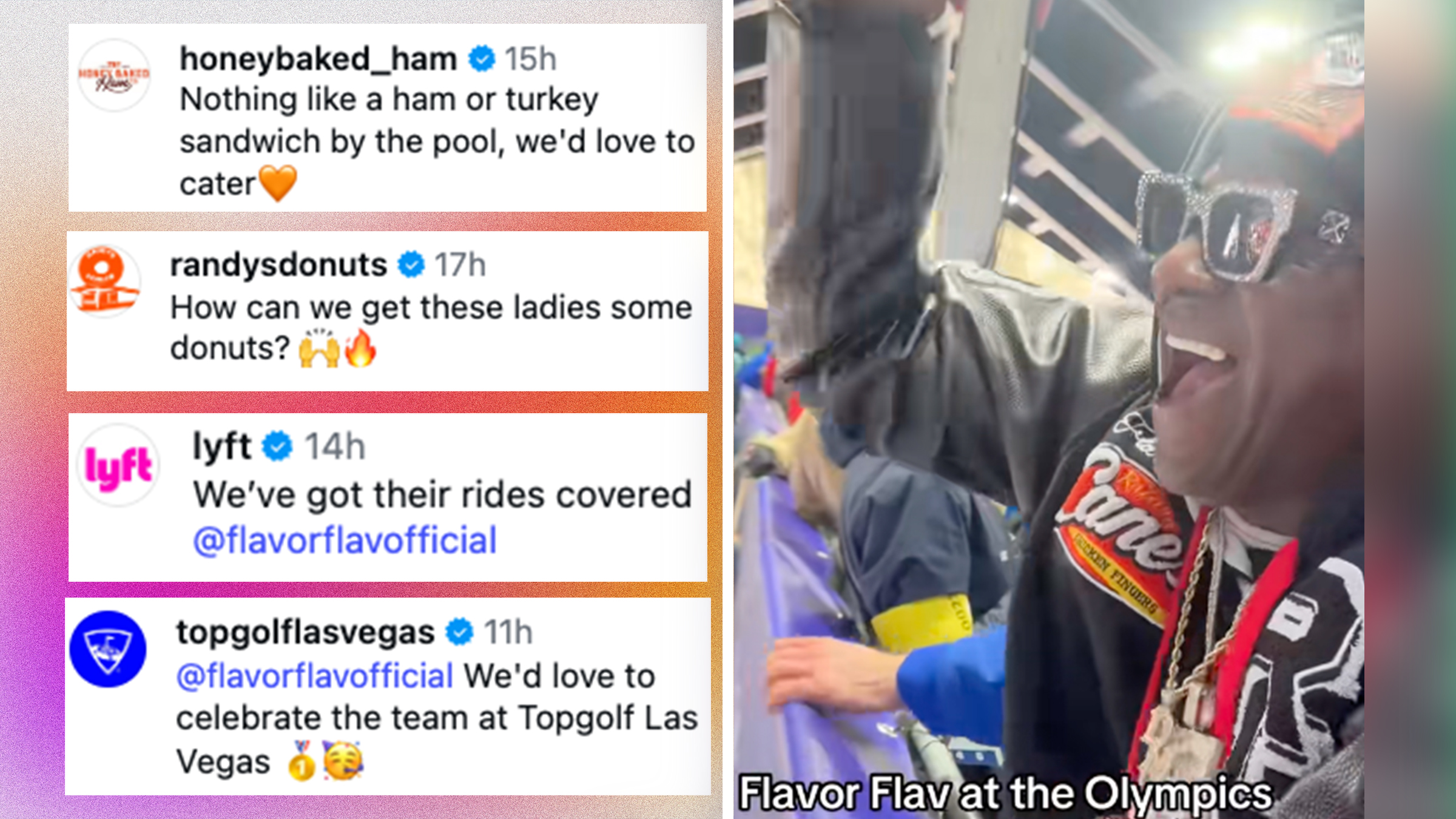The FCC announced a crackdown Thursday on robocalls from spammers and scammers using generative AI technology to clone human voices, calling the technology a threat to election integrity, public safety, and the most vulnerable members of society.
The ruling came weeks after an AI-generated call purporting to be President Joe Biden told voters in New Hampshire to stay home and skip the state’s primary.
The ruling, which was a unanimous decision by the agency’s board, was made under the auspices of the Telephone Consumer Protection Act (TCPA), which bans calls made by artificial or prerecorded voices without the express consent of the recipient of the call. Essentially, the FCC confirmed that the law applies to AI-generated human voices as well.
Under the TCPA, violators found responsible for breaking the law can be forced to pay for any monetary loss from the violation or $500, whichever is greater—if the violator is found to have done it willfully or knowingly, the damages can triple.
“Voice cloning can convince a called party that a trusted person, or someone they care about such as a family member, wants or needs them to take some action that they would not otherwise take,” the ruling reads. “Requiring consent for such calls arms consumers with the right not to receive such calls or, if they do, the knowledge that they should be cautious about them.”
Geoffrey Starks, an FCC commissioner who was nominated by Donald Trump in 2018 and re-appointed by Biden, cited disinformation spread by voice cloning powered by AI technology as one of the dangers of generative AI, which the FCC ruling is aimed at addressing.
“The use of generative AI has brought a fresh threat to voter suppression schemes and the campaign season with the heightened believability of fake robocalls,” Starks wrote in a statement, citing calls to New Hampshire primary voters purportedly from Joe Biden urging them to stay home and skip the primary vote last month.
“The voice on the call sounded like the President’s, but of course it wasn’t,” Starks wrote.
Biden easily won the New Hampshire primary without much competition, but a fake robocall went out before the vote on Jan. 22 with a voice that sounded like Biden’s telling Democrats in the state to skip the vote and “save … [it] for the November election,” reported Reuters.
“Voting this Tuesday only enables the Republicans in their quest to elect Donald Trump again,” the fake Biden told voters who got the call.
Starks also cited press accounts of terrifying extortion calls where scammers call parents and use artificially generated voices of their children saying they’ve been kidnapped or need help to pressure them into handing over money.
“Voice cloning adds a frightening new dimension to these attacks on those who may be least able to detect them,” Starks wrote, calling the new rule clarification a go-ahead for state attorney generals to start prosecuting malicious uses of the technology.







